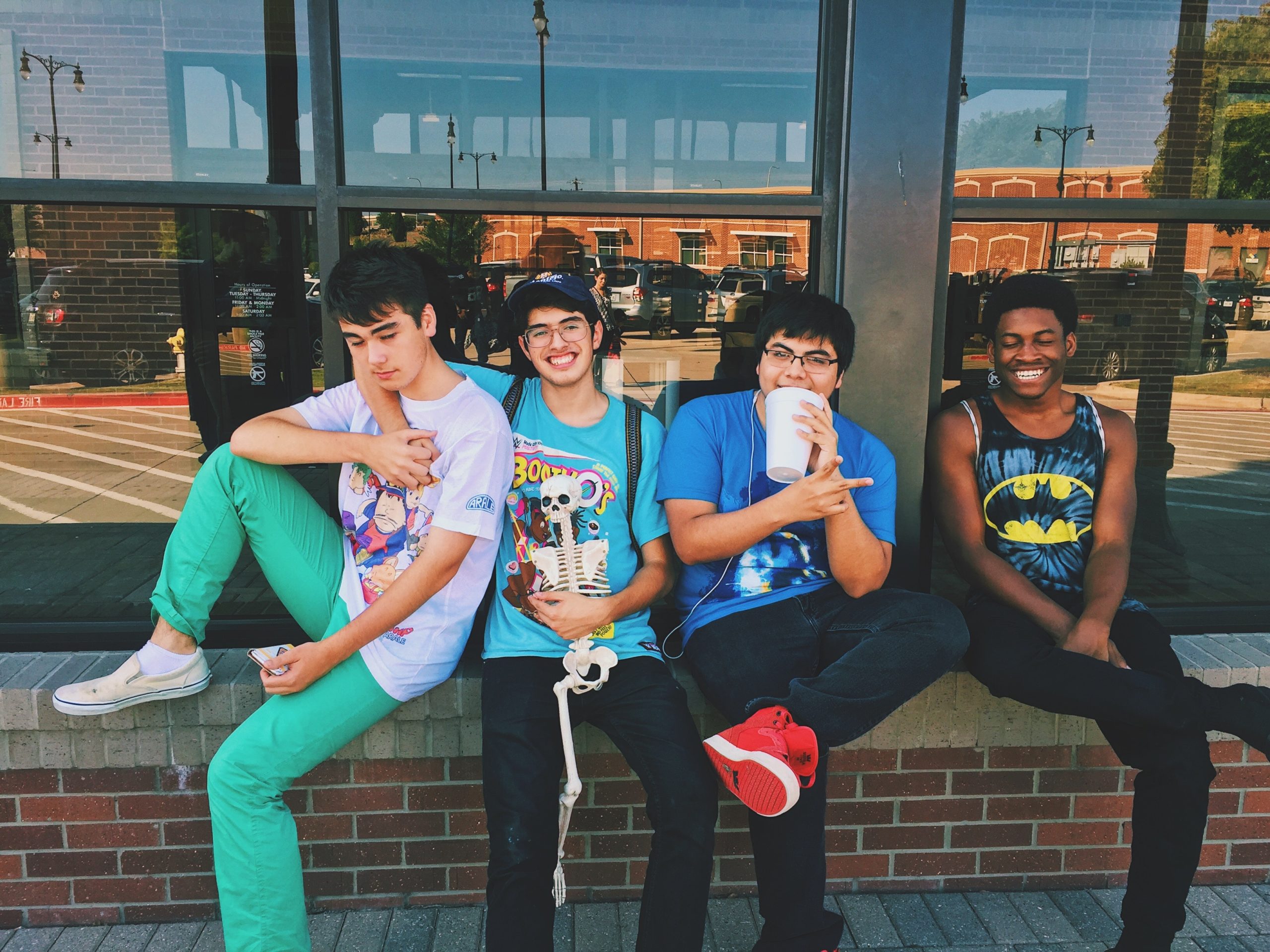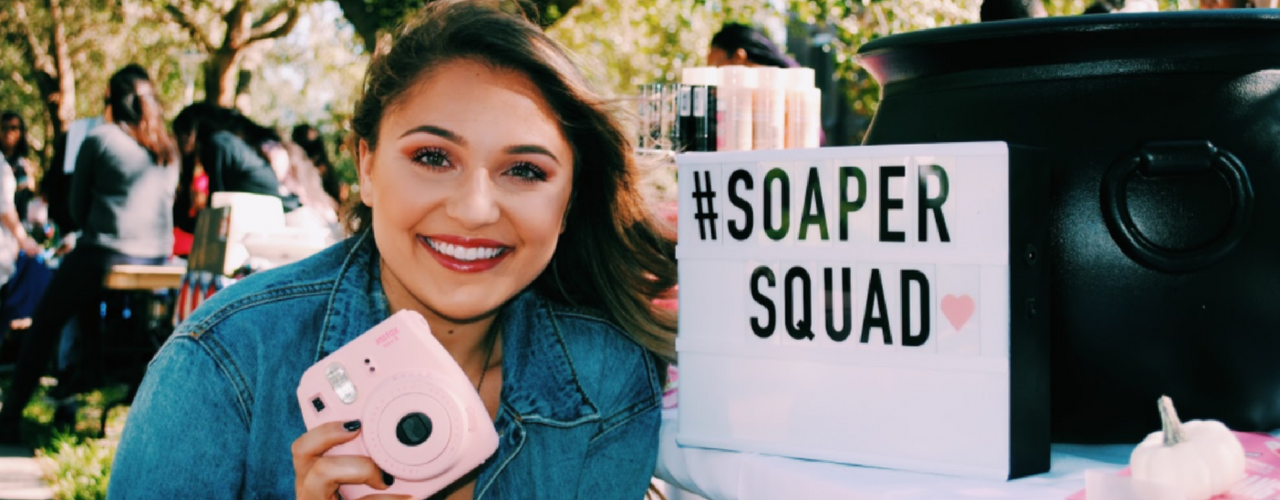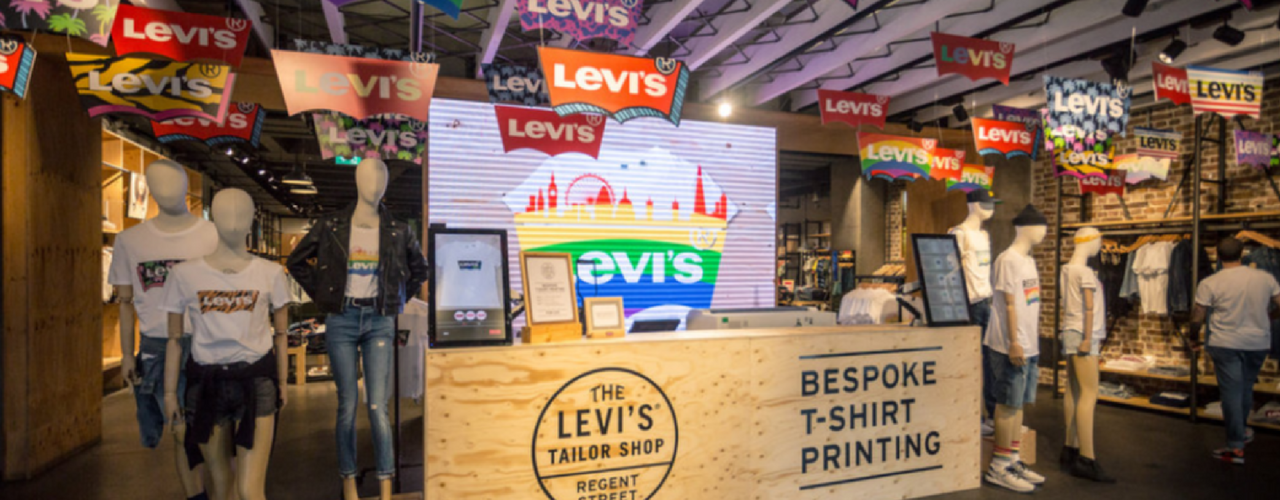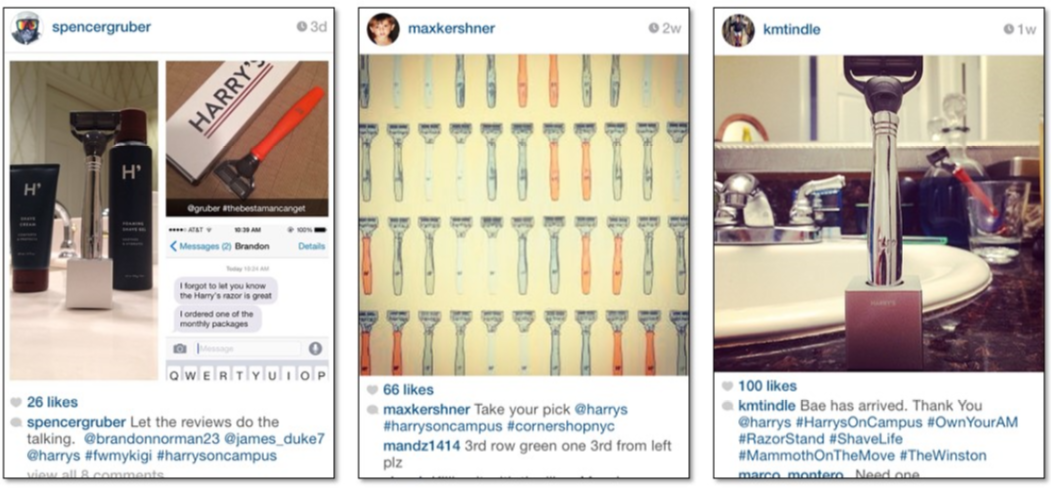6 Tips for Hiring a College Marketing Agency
It’s not uncommon for companies to take a DIY approach to college marketing—they rely on their younger employees, interns, and “gut” to put together a strategy and piecemeal the execution; that type of approach rarely leaves them in a position of strength. Finding an agency partner that is a college marketing expert should be step one.
The right college marketing agency partner has the necessary experience to avoid common pitfalls of campus marketing and the expertise to successfully reach valuable Millennial and Gen-Z consumers. Luckily for you, we’ve broken down the most important steps to hiring the right partner:
1. Do Your Due Diligence
Plenty of agencies throw buzzwords on their websites: youth, college, campus, Millennial, and Gen-Z. Unless they have a proven track record of working on youth-focused campaigns in the medium that you’re pursuing (creative, digital, peer-to-peer, social, mobile, experiential), they’re probably not right for you. Research the campaigns they’ve executed, ask to speak to past clients, try to talk with students who have worked with them in the past, and understand what percentage of their business is focused on youth.
2. Hire an Expert Directly
Generalist agencies abound, but you need an expert. A lot of the big-box shops will sell everything under the sun, but when they land a campaign, they immediately outsource the execution. College marketing agencies are the secret tool in the toolbox for AoRs across the country. By working with the expert agency directly, you’ll save money, get better service, and cut down on communication delays, resulting in a better campaign.
3. Analyze Student Networks
Check out the Craigslist job or gigs section around any college town, or the campus job boards, and you’ll see countless postings for campus rep positions. The types of students that you want working for your brand—the true influencers—won’t be found there. They know which agencies offer the best experiences, work with the most interesting brands, and have students’ best interests at heart. Like everything in business, relationships and reputation are everything. Challenge potential agency partners to tell you how they’ve developed their student and campus network, how they keep it active, and what quality control they put on the types of students allowed to join.

4. Inquire About Campus Relationships
An active college marketing agency will have relationships with stakeholders and decision-makers on campuses across the country. When executing any kind of event (experiential, mobile, pop-up), you want them talking to the right people. College campuses are like cities—talking to the right person will get you access for $1,000/day, while talking to the wrong person could get you outright denied or result in fees of upwards of $20,000/day. College administrators are conservative by nature, so your relationship, reputation, and experience will precede you in the decision-making process.
5. Understand Recruitment
For campus rep programs, it’s imperative to understand how potential partner agencies recruit students. Many agencies engage “full-time” reps or influencers who hop to different brands almost every day of the week. The most successful agencies anchor their strategies in authenticity, which means their campus reps are recruited for a specific brand partner and campaign, only work for that brand during the campaign, and embody the very detailed criteria and DNA outlined by you and your agency partner.
6. Seek Substance Over Style
Unless you’re working with a bottomless budget for awareness-generating stunts, ROI will be part of the conversation. It’s important to find a results-oriented partner that works collaboratively with you and your team to integrate tracking, analytics, and reporting into their strategy from day one. Be wary if they start recommending campaign concepts and tactics that are incredibly cool but don’t have a solid tie-back to your KPIs. A good agency will combine creativity with results, relying on data, best practices, and past experiences to drive success.
Finally, choose a genuine partner. When you hire a college marketing agency, you’re also hiring people—beyond being incredible at their jobs, you want those people to be likable, kind, supportive, fun, and invested. Your agency should adapt to your workflows, internal processes, and dynamic needs. They should be friendly and easy to work with, which will translate directly into how they manage your campaign.
WANT MORE? CHECK OUT THESE BLOGS
- Why Your Brand Should Invest in College Marketing
- 3 Ways Campus Rep Programs Pay for Themselves
- 5 Things to Look for When Recruiting a Campus Rep
HOW CAN YMC HELP?
If you’re looking to engage students on campus, we’re here to help. At YMC, we’ve been connecting brands with 15- to 29-year-old consumers for two decades—we’d be happy to share our wealth of knowledge with you. Contact us today!








